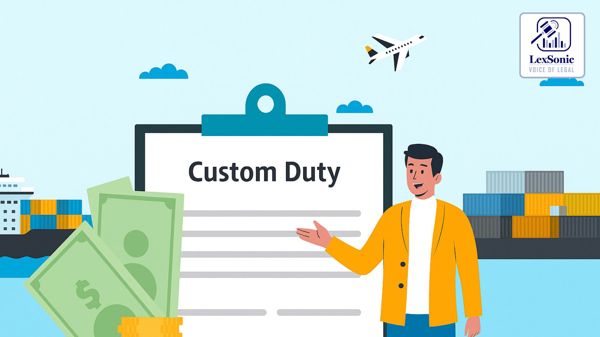Court Dismisses Petition Challenging Customs Public Notice; Clarifies Entitlement to Preferential Trade Benefits.
21 October 2024
Custom Duty >> Tax Laws
The Petitioner argued that Clause 3(ii) of the public notice conflicted with the 2009 Customs Tariff Rules for preferential trade agreements, specifically in the context of goods originating from ASEAN countries. This clause required importers to explain any identical FOB values in both the FTA-COO (Certificate of Origin) and third-country invoices. The Petitioner contended that this provision resulted in the provisional clearance of goods and required them to submit bank guarantees and bonds, which they argued was an undue burden.

The Respondents, however, defended the public notice, stating that the requirement to provide an explanation for identical FOB values was in line with the Customs Rules and necessary for determining compliance with the rules. The Respondents further argued that the Petitioner’s request for an omnibus relief (to directly grant the benefit of the notification) was impermissible and should not be entertained.
After reviewing the arguments, the Court found that Clause 3(ii) of the public notice merely required an explanation for identical FOB values and did not violate the 2009 Customs Tariff Rules or the Petitioner’s statutory entitlement. The Court also clarified that the Petitioner’s eligibility for the benefits of the preferential trade agreements should be assessed on a case-by-case basis, and the required explanation would be considered in accordance with the applicable laws and rules.
